Try these 5 easy steps with organic ingredients and kitchen waste to improve your soil naturally, it can save you money and enrich your life.
Maintaining a healthy garden can be rewarding and even sustainable. One of the best ways to ensure your plants thrive is by enriching your soil with organic ingredients and waste from your kitchen and garden.
A visit to my new home and garden on the Delmarva Peninsula, Maryland by my Welsh Sister ‘Lucy’ (Loolo) inspired me to research the benefits of composting at home. Oddly enough I have done this for gardens I manage and yet slow to incorporate this into my own garden. Thanks Sis x
I am already mulching with cardboard and the wood chipping from trees we had trimmed. Now I am intrigued to reduce garden waste and provide a compost heap for insects, bugs and worms, keeping them away from the house and enriching the gardens soil at home, so I thought I would share my findings with you.
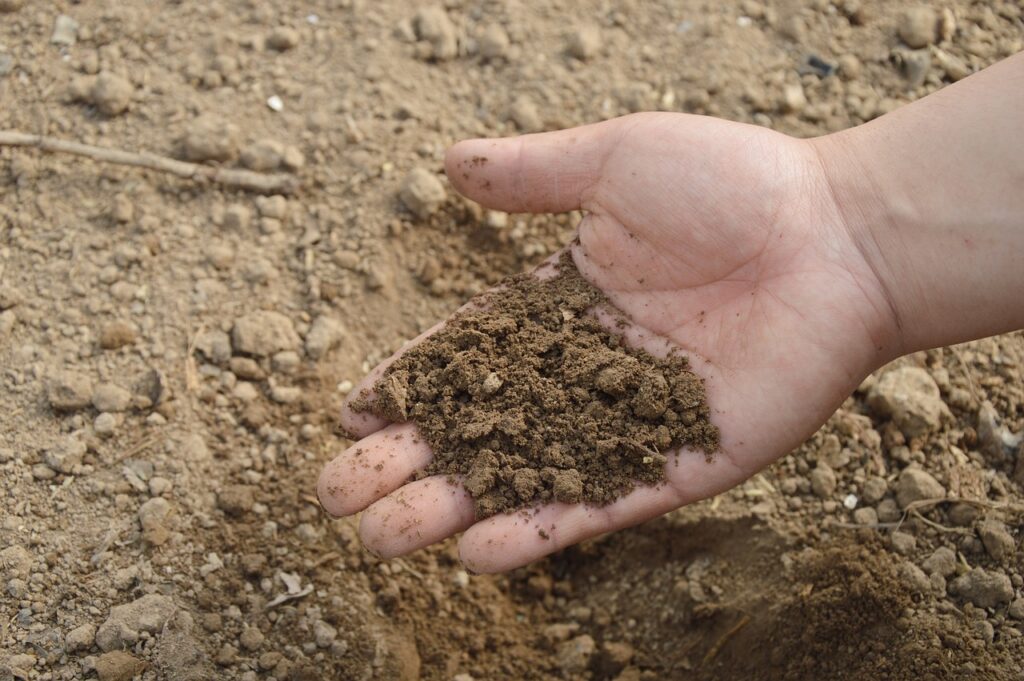
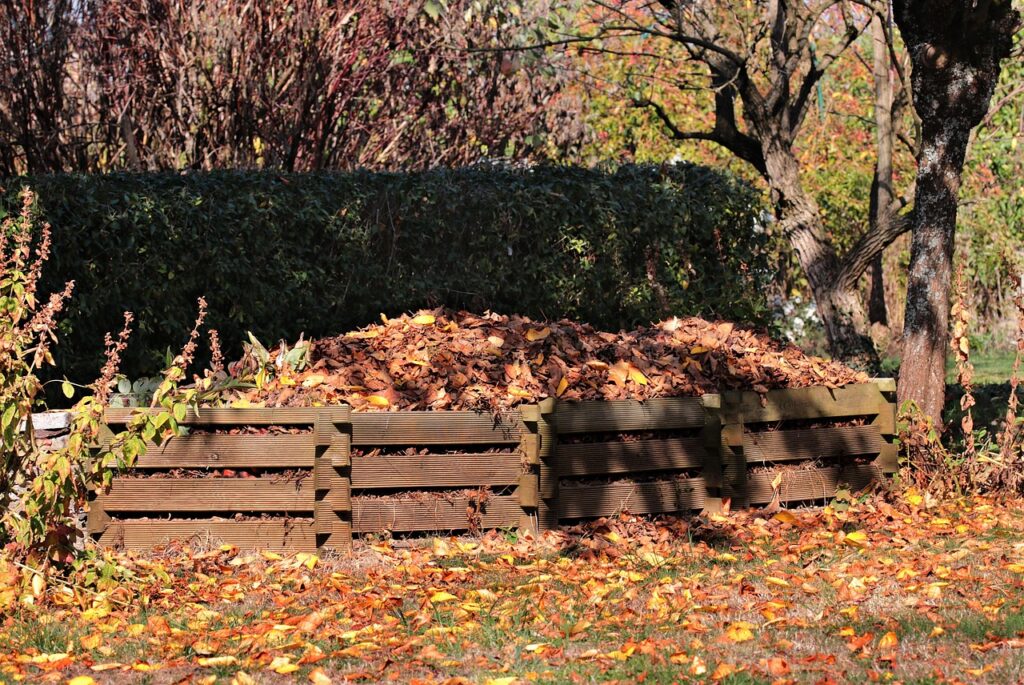
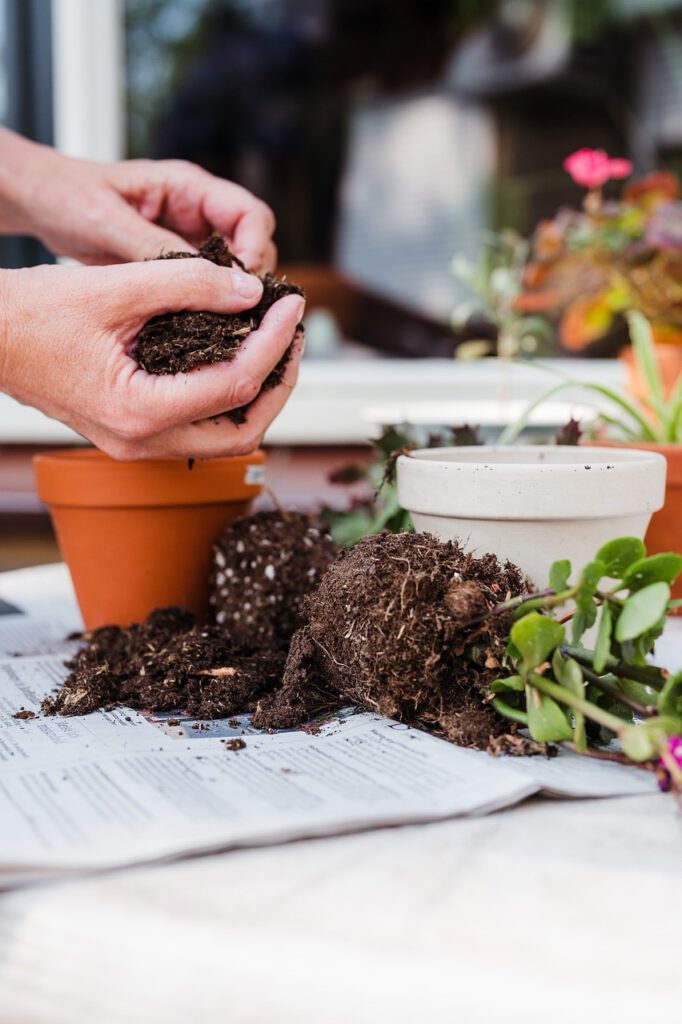
Here are five easy steps to improve your soil health naturally:
1. Start Composting at home.
Composting is a fantastic way to recycle kitchen scraps and garden waste into nutrient-rich compost, imagine all that green leafy food waste sitting in plastic bags at the dump or recycling center. It would be far better used as an accelerator in your compost heap.
Here’s how even the simplest modifications to your routine will get you started:
Choosing a Compost Bin:
You have several options when it comes to composting at home, you can buy a compost bin or better still build one yourself with recycling materials. Regardless whichever option you choose, it is critical that you place the compost bin in a convenient location, away from the exterior of your home or outbuildings. The base of your compost bin must have direct contact with the soil and good drainage to allow the natural decomposition process and enable beneficial organisms, such as worms and microbes, to access the compost heap.
When composting, it’s important to avoid using plant material, lawn clippings, or kitchen waste that has been treated with chemicals or toxic bug repellents. How about saving even more money and don’t buy the toxic chemicals produced by ‘Big Pharmaceutical Companies’ in the first place.
These substances often carry warning labels, and can harm the beneficial organisms that help break down the compost and can also introduce harmful toxins into your garden soil. Instead, use organic materials like fruit and vegetable scraps, coffee grounds, eggshells, grass clippings, and leaves.
Here are some additional tips for successful composting:
Balance Greens and Browns: For efficient composting, maintain a balance between green materials (nitrogen-rich) and brown materials (carbon-rich). Greens include kitchen scraps and fresh grass clippings, while browns include dried leaves, cardboard, and paper.
Chop Materials: Breaking down larger items into smaller pieces will speed up the composting process, remove tape, staples and sticky labels from cardboard and do not use glossy magazines, as these can contaminate the compost heap.
Maintain Moisture: Your compost should be moist, like a wrung-out sponge. If it’s too dry, add water or more green materials. If it’s too wet, add more browns to absorb excess moisture.
Aerate Regularly: Turn your compost pile regularly to provide oxygen to the decomposing organisms. This helps to speed up the composting process and prevents the pile from becoming anaerobic, which can cause unpleasant odors.
Avoid Meat and Dairy: These items can attract unwanted pests and create lingering odors. Stick to plant-based materials for the best results when making compost.
Collect Kitchen Scraps: Gather vegetable peels, fruit scraps, coffee grounds, eggshells, and other organic kitchen waste. Avoid meat, dairy, and oily foods.
Add Garden Waste: Include grass clippings, leaves, small branches, and plant trimmings.
Be Patient: Composting is a natural process that takes time. Depending on the materials and conditions, it can take anywhere from a few months to a year for your compost to be ready to use.
Application: When it comes time to add this rich organic material to your garden you can use it in several ways, you can unearth more Benefits of Home Composting.
By following these guidelines, you can create rich, nutritious compost that will improve your garden soil and promote healthy plant growth.
2. Creating a Vermicompost Bin at Home.
Vermicomposting uses worms to break down organic material into high-quality compost.
Set Up the Bin: Use a ventilated bin and add bedding material like shredded newspaper or coconut coir.
Add Worms: Red wigglers are the best choice for vermicomposting.
Feed the Worms: Provide small amounts of kitchen waste like vegetable scraps, fruit peels, and coffee grounds. Avoid citrus, onions, and garlic, which can harm the worms.
Harvest Compost: After a few months, you’ll have rich worm castings that can be added to your soil to improve its structure and nutrient content.
3. Incorporate grass cuttings and fall leaves.
Instead of bagging up grass clippings and fallen leaves, use them to your advantage:
Grass Clippings: If you must mow then spread a thin layer of fresh lawn clippings on your garden borders. They decompose quickly, adding rich green nitrogen to the soil.
Leaves: WTF! Why are we bagging up leaves, so you can buy colored mulch? Try shredding leaves with a mower using shredded leaves as a protective layer around plants. Because they break down slowly, they provide nutritious flow of food and water to improvised soils.
4. OMG Compost Tea
We need to talk about compost tea? A liquid fertilizer made from soaking natural homemade compost in water, which allows all the soluble nutrients to leach into the water. Improving both plant and soil health, compost tea is a miracle that will help you grow healthy plants.
Make the Tea: Fill a container with water and add a porous sack or bag of well rotted compost. Let it stand for at least 48 hours, stirring every few hours.
Apply the Tea: Use the strained liquid to water your plants or as a foliar spray. It introduces beneficial microbes and nutrients directly to the soil and plant surfaces.
5. Add an organic layer to help retain moisture.
Mulching helps retain soil moisture, suppress weeds, and improve soil health over time. Use organic materials like:
Wood Chips or Bark: Often free and readily available, it drives me crazy to see people loading up with big box stores colored mulch that is both un-natural and expensive. If you have access to or can source wood chips that decompose much slower and add both structure and nutrients to the soil naturally.
Straw or Hay: These break down faster, adding organic matter to the soil more quickly.
Cocoa Beans Husks: These not only enrich the soil but also add a pleasant aroma to your garden. Having tried these I am not a fan, keeping things native makes sense enrich your soil with leaves, plants and kitchen waste. Unless you live where cocoa bean husks are local.
Reap the benefits of improving your soils productivity.
By adding green waste with kitchen, and brown waste you make a compost that enriches your garden with life.
Reduce Waste: Instead of taking food waste to the tip you can reduce your carbon footprint.
Enhance Soil Fertility: Organic matter improves soil structure, water retention, and nutrient availability.
Reduce Watering Needs: Grow in rich organic matter reduces the need for watering, saving both money and time.
Support Beneficial Organisms: Healthy soil is teeming with beneficial microbes and earthworms that aid plant growth.
Save Money: Compost made at home reduces the need for $$$ commercial fertilizers and amendments.
Improving your soil health should not be complicated or costly. By following these 5 steps, you will create a rich, self sustaining garden that encourages bio-diversity and ecological balance.

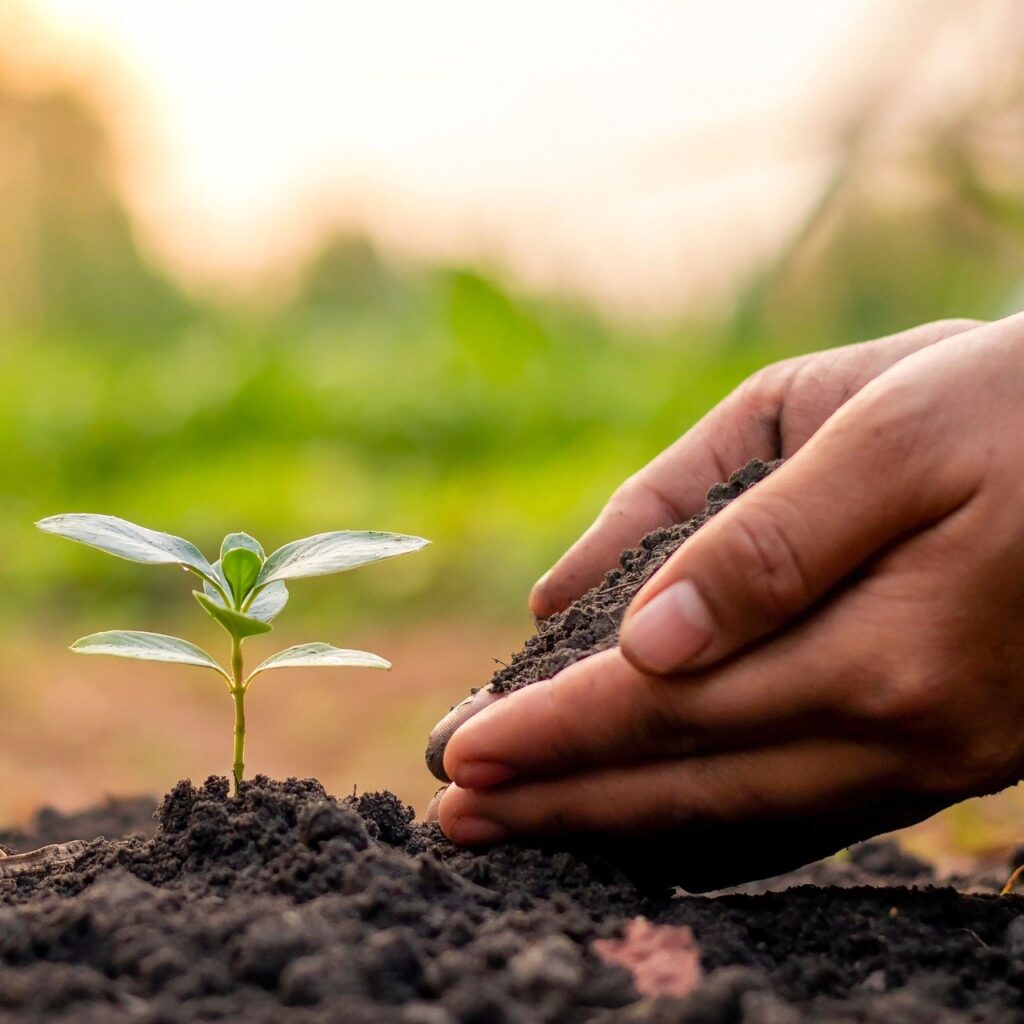
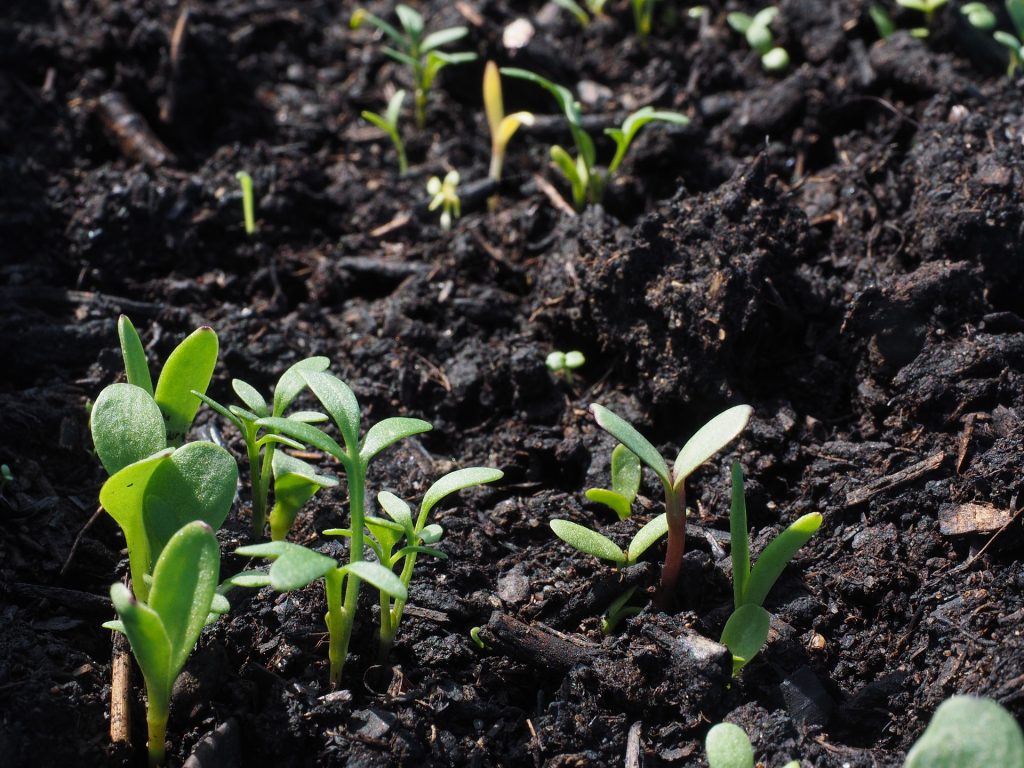
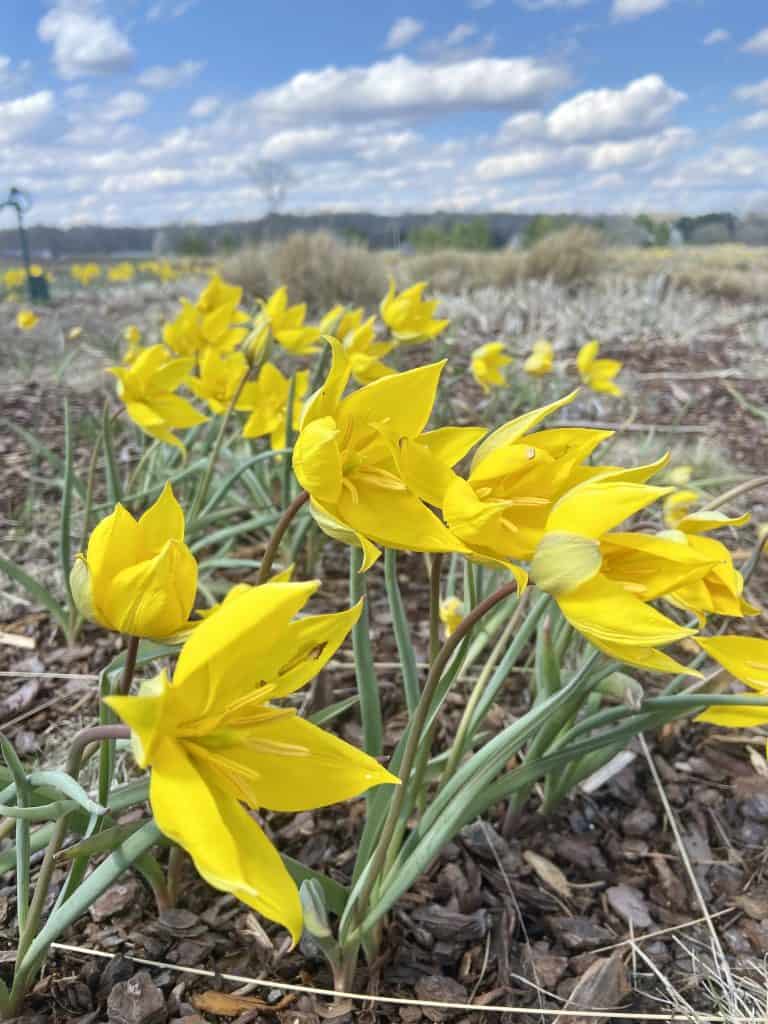
Pingback: The Psychology of Flower Colors – iGrowHort
Pingback: Water: The Source of Life – iGrowHort